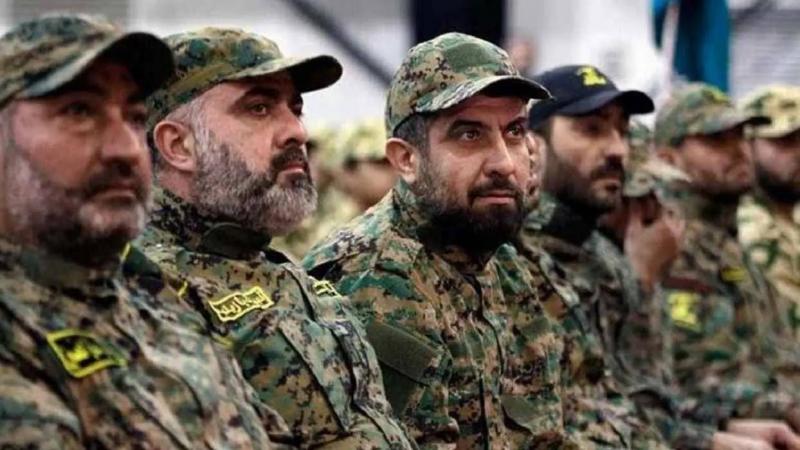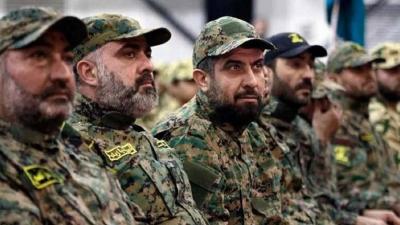It is well-known that the Israeli Mossad, established in 1951, is one of the most advanced intelligence agencies in the world due to its modern technologies and substantial budget. Its main tasks focus on gathering intelligence on security threats, coordinating special operations, and executing missions against what Israel considers its enemies. Following the recent assassinations of high-ranking leaders in Hamas and Hezbollah, questions and doubts have arisen regarding Israel's high intelligence capabilities in reaching its targets, especially those military and security leaders who remain unknown to the public and operate in complete secrecy while taking all necessary security measures to mask their movements and even their appearances.
Fouad Shukr, the number one military leader in Hezbollah, remained unknown and did not have any photo available until his assassination by Israel in the southern suburb. His movements were reportedly limited and coordinated securely, taking strict security measures that disrupted Israeli technology's ability to detect him, such as voice or eye recognition. Moreover, Israeli technology could not pinpoint his location within the targeted building without the assistance of human factors that accurately informed the Israelis of Shukr's movements and whereabouts.
Sources revealed that Shukr, a former officer in the General Security before joining Hezbollah, moved on the day of his assassination from a religious complex in the suburbs to Haret Hreik, where he had an office, with only a few security personnel aware of his movement. The party's leadership has become convinced that its ranks are infiltrated by Israeli spy networks at high levels, raising concerns that Israel might possess complete data about the party's formations, including names, photographs, phone numbers, addresses, and voice data.
Additionally, the party has initiated a widespread arrest campaign within its ranks following the assassination and has started an investigation with security leaders who were in contact with and aware of Shukr's movements. Suspicions surround a high-ranking security official in Hezbollah who was aware of Shukr's presence and the guest in the targeted building, as they were waiting for a signal from him for a scheduled meeting with Sayyed Hassan Nasrallah shortly before the assassination.
Sources confirmed that the security official, known for his tense relationships with the party's jihadist body, has been placed under house arrest by the investigators, and his work has been suspended until the investigation concludes. The party is keen to avoid exposing the internal proceedings.
The sources pointed out that Shukr's assassination recalls the assassination of Hamas leader Saleh al-Arouri in the heart of the southern suburb, where he was supposed to be coordinated under the protection of the security committee headed by Haj Wafiq Safa, assisted in the suburb by Haj Ali Ayoub. It concluded that the party's security committee is involved in any security movements in the suburbs, and even security agencies cannot enter without permission and direct coordination with the unit's coordination and liaison chief, Haj Wafiq Safa. Moreover, the network of cameras installed in the suburb's streets and buildings falls under the authority of this committee.




